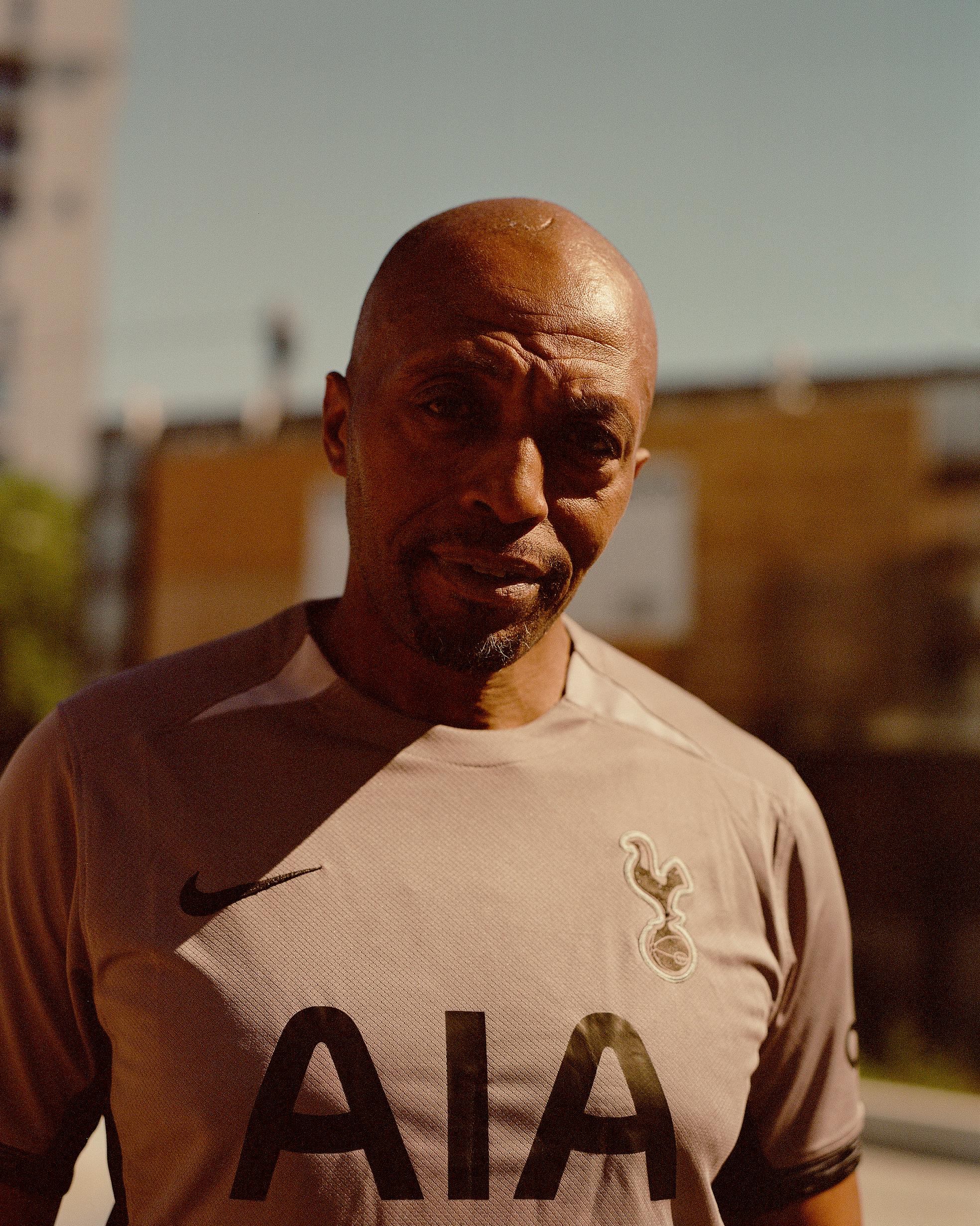Stigma Sucks: addressing stigma to overcome poverty
In this blog Steve Arnott, Founder, and CEO of Beats Bus Records and member of the Exploring Stigma and Poverty design team, shares how important personal lived experience is to the work the group is doing.
I’m part of the ‘Exploring Stigma and Poverty’ design team, a group that’s been created to look at the issue of stigma and the impact it has on poverty. Our discussions and exploration have been deep as well as wide-ranging. When we met in January 2023 we looked at the impact stigma has on society as a whole, but also on us as individuals. We called this latter part, ‘making visible the invisible’ as we feel that there is little focus on how damaging stigma is on the individuals that experience it.
We drew on our collective experience of stigma. This took some of us back to our childhoods. It’s been a very reflective experience and really made me think about how many times I’ve been beaten down by stigma in my life. Reflecting can be difficult and challenging; it definitely triggers emotions that as humans we file away. At first I felt emotionally drained after our sessions, but, as these went on, I realised how important the work is and I also realised how important my personal lived experience is to the research we are doing. So, I’ve committed myself to be open fully to talking about my pain and suffering in the hopes that this might ease this for others.
“Stigmatisation is detrimental to our nation. Let's decrease the power it holds to achieve eradication”. - Steve Arnott
This process of reflection made me think about a chapter in ‘The Chimp Paradox’ by Professor Steve Peters, which talks about the ‘goblins’ we hold in our minds as a result of bad memories and trauma from the past. It gives directions on how, in order to progress, it’s important to recognise and contain these ‘goblins’. Otherwise they will continue to take you back to a place that causes discomfort and harm.
It made me wonder whether this might help with stigma: can we change the way we feel about the past and use it to empower ourselves for the future? Can building self-belief, resilience and a defence framework help reduce the powerful impact of stigma on the individual? Can we reduce the power that stigma has over people? This is really hard, especially when you have so many ‘goblins’ to remove. Do we try to do this one at a time? I do not know - I wish I did.
Stigma – the best approach
Being a rapper, I wrote these couple of bars (lyrics). I call this ‘Stigma, the best approach’:
Poverty: how do we tackle it?
We need to speak to the people that constantly battle it!
How do they live with Stigma? How do they move?
Do they have the tools to try and manage the abuse?
Tramp, dosser, scrounger you live on benefits!
All this anger and blame who does it benefit?
Systemic boxes pushed into by the big machine.
Designed policies to keep the poor underneath.
Narrative shift we need to challenge current designs
Paradigm shift: how does it look from the outside?
Awareness lift help to understand people's lives
Repair the rift it's time for us to wrong the rights
Start with the roots where is the heart of the problem
Forbidden fruits seems the government builds upon them
The next generation we need to equip them with knowledge give them power
Start conversations to challenge those in them ivory towers!
Imagine if we could dismantle the pain stigma causes so many of our fellow humans. Imagine if those who live in poverty could live their struggle free from hate or blame. These are the things that make the struggle so much harder.
We talked about how vitally important it is to prevent stigma from happening in the first place, but this part of the session made us realise how important it is to look at the damage done to people already. We discussed how we might address and concentrate on this as a way of healing the harm inflicted on people, but also as a way of enabling people with similar experiences to come together to take action and challenge what has been done to them.
One of the other design team members, China Mills shared how this part of our discussion had impacted her, making her think differently about the issue than she had before:
“I have always felt very wary when people talk about reducing poverty-related stigma as if its not just the means but also the end. To me, this seems like an attempt to make people feel less bad about being poor instead of dismantling the systems that produce and profit from poverty. But learning from people with direct experience of poverty in our Design Group, brilliant people like Steve, has made me think differently. Its helped me to see that because stigma divides people, and works like a form of coercive control (shout out to fellow team members Nasrat and Imogen), then working to destigmatise poverty could be an important strategy to build solidarity and collectively mobilise to make poverty obsolete.”
To wrap this blog up I believe in the work we are doing and it is such a massive task but to move a mountain you have to do it 1 rock at a time and we are all ready to carry some rocks!
Steve Arnott is the Founder and CEO of Beats Bus Records. You can learn more about the Exploring Stigma and Poverty design team and the work the group is investing in.

This idea is part of the power and participation topic.
Find out more about our work in this area.